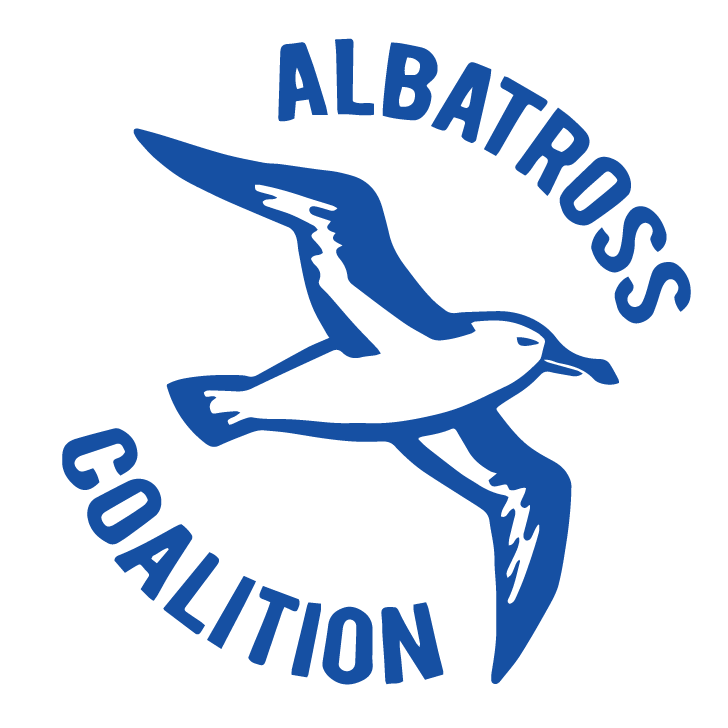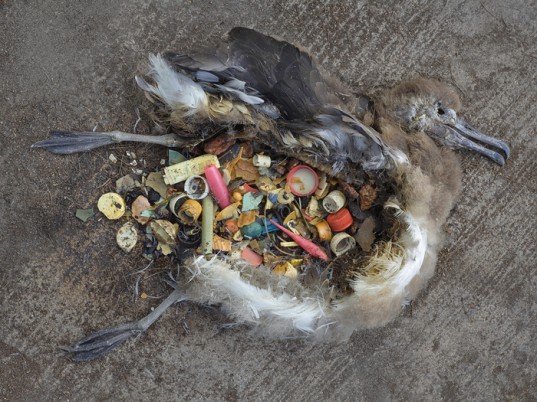UN Talks Stalled: Albatrosses Can’t Wait Until 2026
170 countries couldn’t agree. The fifth round of United Nations negotiations to create a global plastic pollution treaty ended in disappointment in Busan, South Korea in December 2024, with no agreement reached after two years of talks. The summit brought together over 3,300 participants from more than 170 nations, all working toward what would have…

